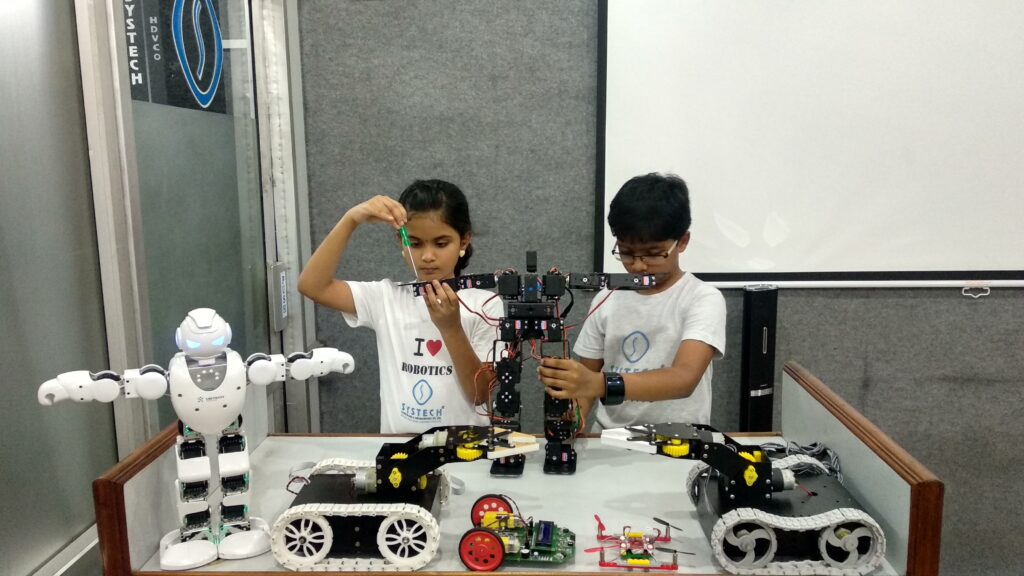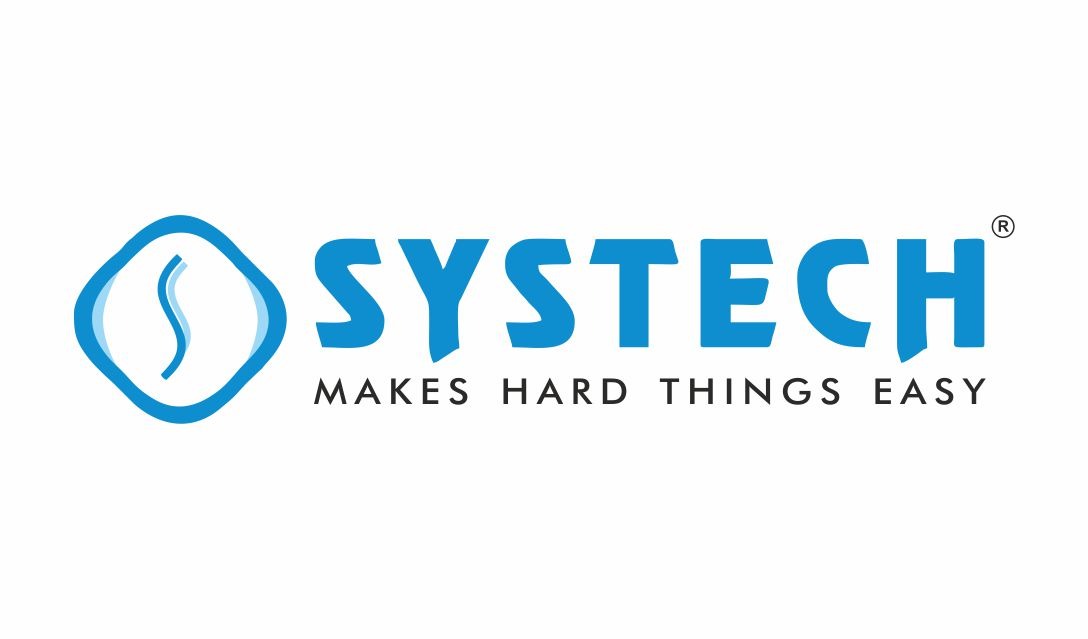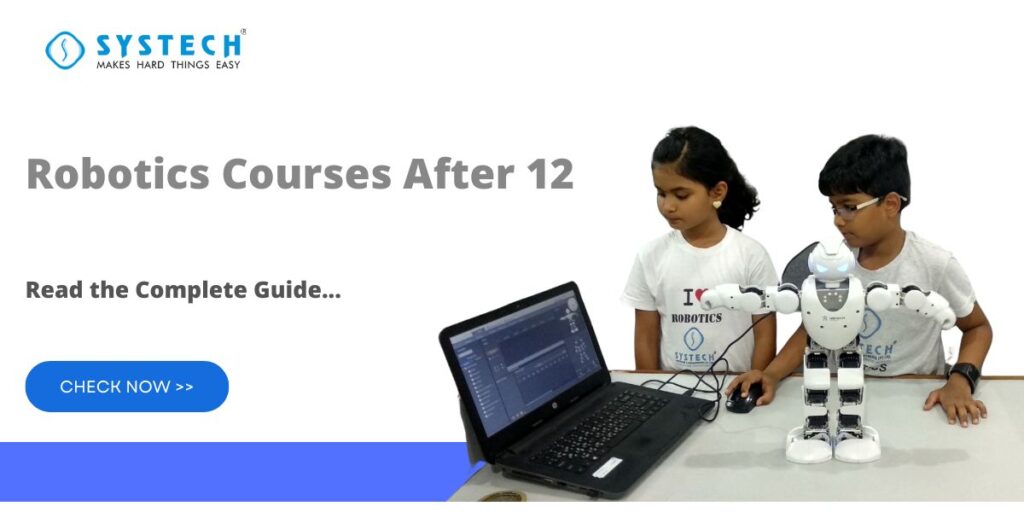Robotics is a field of engineering and science that involves the study, design, and construction of robots. A robot is a machine that can perform a range of tasks autonomously or with human assistance.
Robotics combines various disciplines such as electronics, computer science, mechanical engineering, and artificial intelligence to create machines that can replicate human movements and perform tasks that are difficult or dangerous for humans to perform.
Robots can be programmed to perform specific tasks, such as manufacturing, assembly, or packaging in factories, explore inaccessible or hazardous environments, such as deep-sea exploration or space missions, assist with medical procedures, and provide aid in disaster relief efforts.
Robotics also includes the development of robots that can interact with humans, such as in the field of social robotics, where robots are designed to assist people with tasks, provide companionship, or help with therapy for individuals with special needs.
Robotics is a rapidly evolving field, and advances in technology and research are leading to the development of increasingly sophisticated and capable robots with a wide range of applications in various industries.
Table of Contents
How is a robot programmed?
A robot can be programmed using a variety of programming languages and tools depending on the specific robot and its intended application. Here are some general steps involved in programming a robot:
Define the task: The first step is to define the task the robot is meant to perform. This can involve breaking down the task into smaller sub-tasks that can be accomplished by the robot.
Choose a programming language: Once the task is defined, the programmer needs to choose a programming language that is compatible with the robot’s hardware and software. Common programming languages used for robots include C++, Python, and Java.
Write the code: The programmer then writes the code that will instruct the robot on how to perform the task. This can involve creating algorithms, defining control structures, and setting up sensors and actuators.
Test the code: Once the code is written, the programmer needs to test it to ensure that the robot is behaving as intended. This can involve running simulations or testing the robot in a controlled environment.
Debug and refine: If there are any issues with the code, the programmer needs to debug and refine it until the robot is performing the task as intended.
Deploy the code: Once the code is tested and refined, it can be deployed to the robot for use in the real world.
It’s important to note that programming a robot can be a complex and iterative process, and may involve multiple cycles of testing, debugging, and refinement before the robot is able to perform its task effectively.
How to Become a Robotics Engineer After 12th
If you are interested in pursuing a robotics course after the 12th standard in India, there are several options available. Here are some of the most popular courses and colleges:
Bachelor of Technology (B.Tech) in Robotics Engineering:
This is a four-year undergraduate program that teaches students about the design, construction, and operation of robots. Some of the popular colleges that offer this course are IIT Delhi, IIT Kanpur, BITS Pilani, and Vellore Institute of Technology.
Bachelor of Engineering (B.E) in Robotics and Automation Engineering:
This is also a four-year undergraduate program that covers topics such as artificial intelligence, control systems, and robotics. Some of the popular colleges that offer this course are SRM Institute of Science and Technology, PSG College of Technology, and Bharath University.
Diploma in Robotics Engineering:
This is a one or two-year program that focuses on practical skills in robotics engineering. Some of the popular colleges that offer this course are KJ Somaiya Polytechnic, VJTI Mumbai, and BMS Institute of Technology and Management.
Postgraduate Diploma in Robotics and Automation:
This is a one or two-year program that covers topics such as robot design, control, and programming. Some of the popular colleges that offer this course are the Manipal Institute of Technology, SRM Institute of Science and Technology, and PSG College of Technology.
Master of Technology (M.Tech) in Robotics Engineering:
This is a two-year postgraduate program that provides advanced knowledge in robotics engineering. Some of the popular colleges that offer this course are IIT Kanpur, IIT Bombay, and SRM Institute of Science and Technology.
Before choosing a course and college, make sure to research thoroughly and consider factors such as course curriculum, faculty, placement opportunities, and infrastructure.
Have you located Trichy? If yes then check out the -> Robotics course in Trichy
What is required for Training on robotics?
Hands-on training is essential for learning robotics. While theoretical knowledge is important, practical experience is crucial to understand how to design, build, and program robots effectively. Robotics involves the use of complex hardware and software systems that require hands-on training to master.
Hands-on training allows students to apply theoretical concepts to real-world problems, develop problem-solving skills, and gain experience in the use of different tools and equipment. It also helps to develop critical thinking skills, collaboration, and communication skills that are important for success in the field of robotics.
In addition, hands-on training provides an opportunity to learn from mistakes and develop a deeper understanding of the underlying principles. This can help students to develop creative solutions to challenging problems and make more informed decisions.
While theoretical knowledge is important, hands-on training is essential for gaining the practical skills and experience necessary to succeed in the field of robotics.
The Necessity of Programming in Robotics
Programming is necessary to learn robotics. Robotics is a multidisciplinary field that involves the integration of mechanical, electrical, and computer engineering. Programming is an essential part of robotics, as it enables the robot to perform various tasks and interact with its environment.
Programming allows a robot to receive inputs from various sensors, process the data, and generate outputs that control its movements, actions, and responses. Without programming, a robot would not be able to function autonomously and carry out complex tasks.
There are various programming languages used in robotics, including C++, Python, Java, and MATLAB. It’s important to have a good understanding of programming concepts and be able to write code to program a robot effectively. However, it’s not necessary to be an expert programmer to learn robotics, as many robotics platforms have user-friendly interfaces and software tools that make it easier to program robots without extensive coding knowledge.
Benefits of Robotics for students
Robotics is a field of technology that deals with the design, construction, and operation of robots. Over the years, robotics has become an integral part of modern education, especially in schools and colleges. The benefits of robotics in education are numerous, and they have been proven to enhance the learning experience of students in various ways.
Robotics Course Providing Institute after 12th Standard
Robotics is an exciting field that is gaining popularity worldwide. With the increasing demand for robotics professionals, several institutes provide hands-on training courses in robotics after the 12th standard. Here are such institutes that offer courses in robotics
SYSTECH
SYSTECH is a cutting-edge educational institute that is dedicated to providing its students with unparalleled training in robotics. With a state-of-the-art laboratory facility and a team of experienced instructors, SYSTECH offers a comprehensive range of courses, from basic to advanced levels, designed to equip students with the skills they need to thrive in the world of robotics.
At SYSTECH, students are immersed in a dynamic learning environment that encourages creativity, critical thinking, and problem-solving. The institute’s curriculum is carefully crafted to cover all aspects of robotics, from the fundamentals of programming and electronics to the intricacies of artificial intelligence and machine learning.
The institute’s state-of-the-art laboratory is equipped with the latest robotics technologies, providing students with hands-on experience in designing, building, and programming robots. SYSTECH’s instructors are highly qualified experts in their respective fields, and they are committed to providing students with personalized attention and support throughout their learning journey.
Whether you’re a beginner or an advanced learner, SYSTECH has a course that’s tailored to meet your needs. With its cutting-edge curriculum, state-of-the-art laboratory, and expert instructors, SYSTECH is the perfect place to launch your career in robotics.

Syllabus of The Course
Course Description: This robotics course is designed for students who are interested in learning the basics of robotics, as well as those who are looking to take their robotics skills to the next level. Students will gain hands-on experience in designing, building, and programming robots, with a focus on both mechanical and electrical systems.
Course Objectives:
- Understand the basic concepts of robotics
- Learn how to design and build a robot from scratch
- Learn how to program a robot using various programming languages
- Gain experience working with sensors, actuators, and microcontrollers
- Learn how to troubleshoot and debug robot systems
- Develop teamwork and communication skills through group lab exercises
Prerequisites: No prior experience in robotics is required. However, students are expected to have a basic understanding of computer programming and electronics.
Course Outline:
Week 1: Introduction to Robotics
- Overview of Robotics
- Brief History of Robotics
- Applications of Robotics
Week 2: Robot Design and Building
- Robot Components and Types
- Design Considerations and Principles
- Building Robots from Scratch

Week 3: Robot Programming
- Introduction to Programming Languages
- Programming Fundamentals
- Robot Programming in C++, Python, and Java

Week 4: Sensors and Actuators
- Overview of Sensors and Actuators
- Types of Sensors and Actuators
- Interfacing with Sensors and Actuators
Week 5: Microcontrollers and Embedded Systems
- Introduction to Microcontrollers
- Microcontroller Architecture and Programming
- Interfacing Microcontrollers with Robotics
Week 6: Robot Control and Navigation
- Robot Control Systems
- Navigation Algorithms
- Designing Autonomous Robots
Level 2: Advanced Robotics (3 months)
- Advanced robot control techniques.
- Artificial intelligence and machine learning in robotics.
- Robot vision systems and sensors.
- Autonomous robot navigation.
- Lab exercises on building and programming advanced robots.Bottom of Form
Course Format: The course will be conducted through a combination of lectures, demonstrations, and hands-on lab exercises. Students will have access to a fully-equipped robotics lab with all the necessary hardware and software tools.
Assessment: Students will be evaluated through assignments, lab exercises, and a final project. The final project will require students to design, build, and program a robot to perform a specific task.
Course Materials:
- Robotics textbook
- Access to the robotics lab
- Software tools for programming and simulation
- Hardware components for building robots
The SYSTECH Robotics Course offers a unique opportunity to learn about robotics from basic to advanced levels through a combination of theoretical and practical knowledge. Students will acquire the skills necessary to design, build, and program robots, as well as explore cutting-edge topics such as artificial intelligence and machine learning in robotics.
Robotics Institute of Technology: Located in Pune, Maharashtra, the Robotics Institute of Technology provides a comprehensive course in robotics after the 12th standard. The course covers topics like electronics, programming, and mechanics and gives students hands-on experience in building robots. The institute also offers certification courses in robotics that help students gain expertise in specific areas.
Have you located in Coimbatore? If yes then check out the -> Robotics course in Coimbatore
Conclusion
The best institute offering training for Robotics Courses must possess certain qualities to ensure students receive a high-quality education.
Firstly, the institute must have experienced and qualified faculty members who have a deep understanding of Robotics and are well-versed with the latest technologies and advancements in the field. The institute must also have access to state-of-the-art labs and equipment to provide hands-on experience to the students.
Secondly, the curriculum must be comprehensive and cover a wide range of topics, including programming languages, sensors, control systems, artificial intelligence, and machine learning.
Thirdly, the institute must provide ample opportunities for practical training, such as internships, industry collaborations, and research projects.
Finally, the institute must offer placement support to students by providing career counseling, resume building, and interview preparation assistance. The combination of these qualities will ensure that students receive a well-rounded education and are equipped with the necessary skills to succeed in the field of Robotics.
FAQ
What is Robotics Course?
A: Robotics Course is a study program that deals with the design, construction, operation, and use of robots. It involves learning about various aspects of robotics, such as programming, artificial intelligence, electronics, mechanics, and sensors.
What are the minimum requirements to pursue a Robotics Course after the 12th standard?
A: The minimum requirement to pursue a Robotics Course after the 12th standard is to have completed your 10+2 education in the Science stream. Students should have studied Physics, Chemistry, and Mathematics as compulsory subjects in their 12th standard.
What are the career prospects after completing a Robotics Course?
A: After completing a Robotics Course, students can pursue careers in various fields such as robotics engineering, automation, artificial intelligence, machine learning, research, and development. They can also work in industries such as manufacturing, healthcare, defense, and aerospace.
What are the skills required for a Robotics Course?
A: To pursue a Robotics Course, students should have strong analytical and problem-solving skills, knowledge of programming languages such as C++, Python, and Java, and knowledge of electronics, mechanics, and sensors. They should also have a passion for technology and innovation.
Is Robotics Course expensive?
A: The cost of pursuing a Robotics Course depends on various factors such as the duration of the course, the type of institution, and the location. However, compared to other courses in engineering, the cost of a Robotics Course is relatively higher due to the use of advanced technologies and equipment.
What are the topics covered in a Robotics Course?
A: A Robotics Course covers a wide range of topics such as robot design, kinematics, control systems, computer vision, artificial intelligence, machine learning, sensor technology, and programming languages.
Can I pursue a Robotics Course without a background in engineering?
A: Yes, you can pursue a Robotics Course without a background in engineering. However, it is recommended that you have a strong foundation in mathematics, physics, and computer science.
What is the duration of a Robotics Course?
A: The duration of a Robotics Course can vary depending on the type of course and the institution offering it. Typically, undergraduate courses in Robotics are of four years, while postgraduate courses can range from one to two years.
What are the prospects of Robotics?
A: The prospects of Robotics are immense. With the advancement of technology, robotics is expected to revolutionize the way we live and work. Robots are expected to replace humans in tasks that are dangerous, repetitive, or require high precision. The demand for robotics professionals is expected to increase in the future.
Can I pursue a Robotics Course online?
A: Yes, you can pursue a Robotics Course online. Many institutions offer online courses in Robotics, which provide the same curriculum as traditional courses. Online courses offer flexibility in terms of timing and location, making it easier for students to pursue their education while working or studying.
Share Post Via
This Guide was Authored by

Manigandan
Java,Python and Django Trainer at Systech Group
Manigandan has Completed MCA. He is highly passionate about education and has been a Trainer of Programming languages c, c++, python, Django, Java, robotics & IoT for over the last 5 years, handling multiple projects. In addition, last year, he trained 100+ students in Systech.

